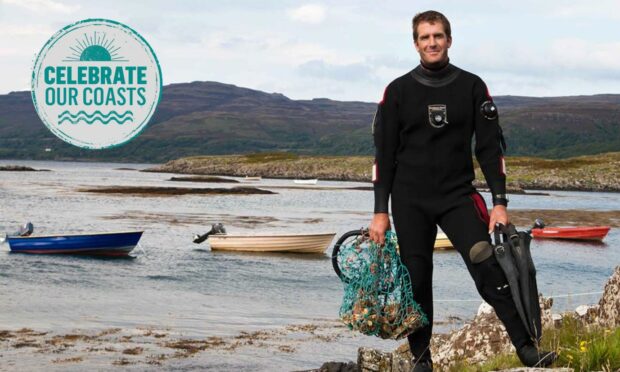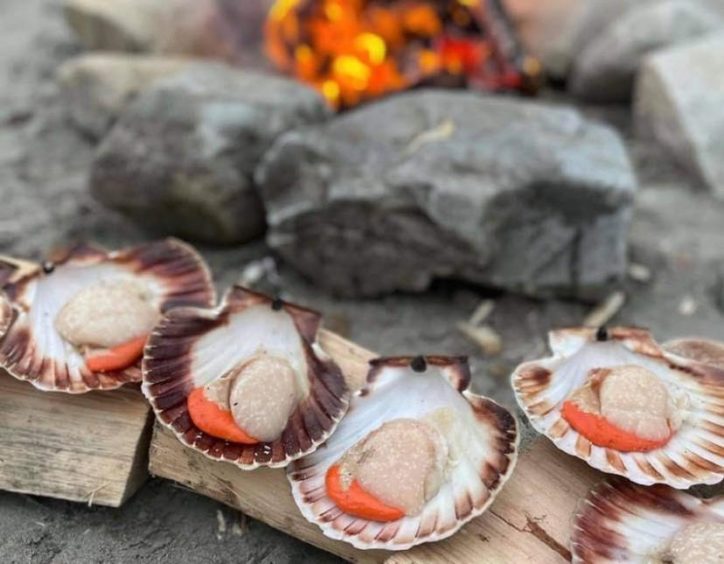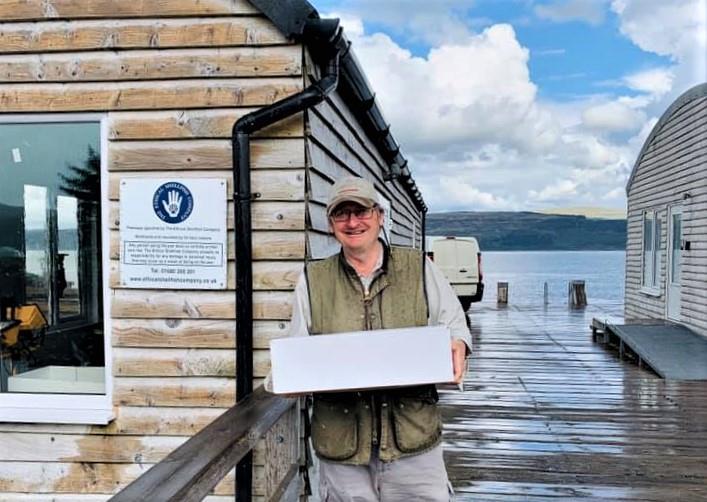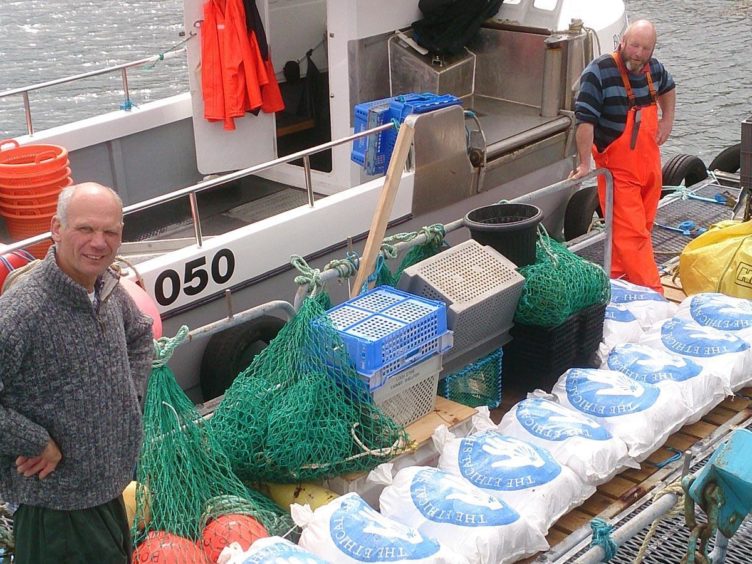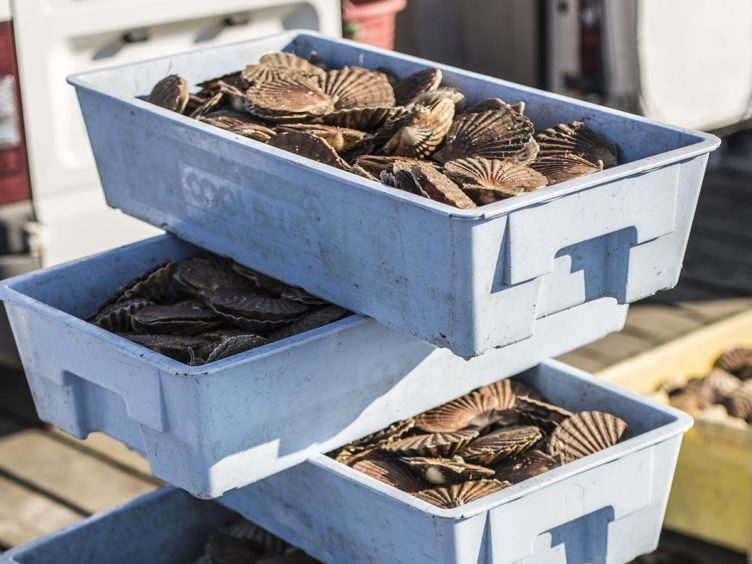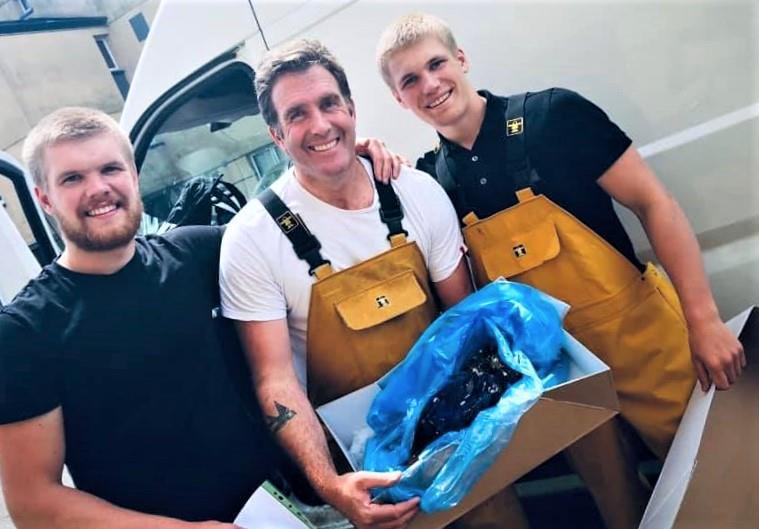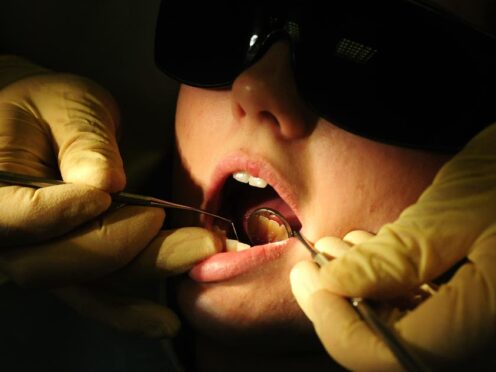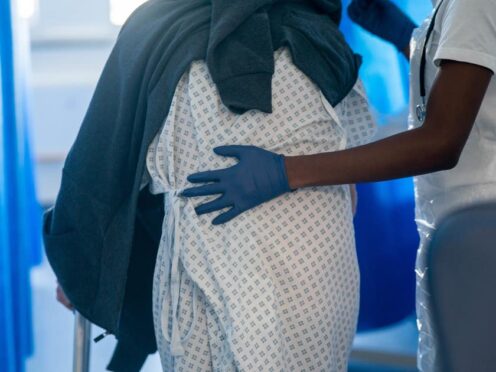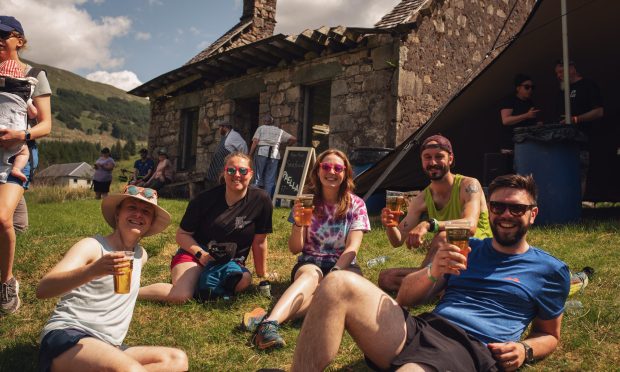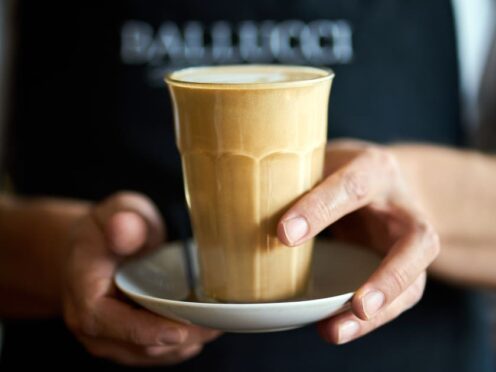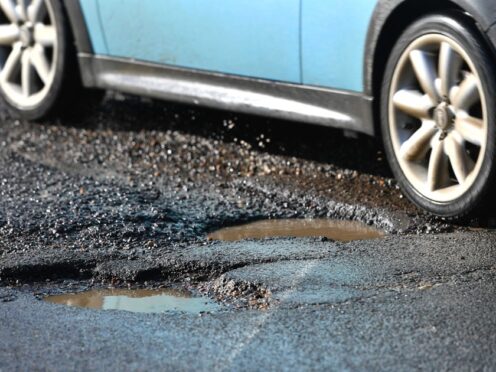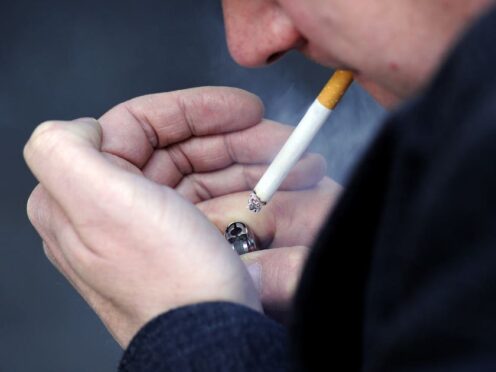Behind Scotland’s beautiful beaches and sweeping coastlines are scores of local people who have devoted their lives to living, working and protecting the fragile marine environment.
With three quarters of the country covered in thriving coasts, the seas provide a rich resource of food, heritage and leisure. We talk to the activists, academics and divers who work on a daily basis to not only protect and clean the coastal environment, but aim to preserve Scotland’s heritage, too – all the while bringing us tasty, ethically-sourced seafood.
A tasty dish at bottom of sea bed
Foraging for food is surely the ultimate in sustainable food supply, but what happens when your dinner lies at the bottom the sea bed?
For the restaurant trade, hand-dived scallops and other shellfish have become increasingly popular as people turn from mass commercial operations to more locally-sourced, sustainable supplies.
Although often commanding a slightly higher premium due to the resources and costs involved in procurement, scallops are becoming a firm fixture on restaurant tables across the country – with scuba divers and local fisherman driving the change.
Guy Grieve, 47, has run The Ethical Shellfish Company, a scallop-diving operation based in Mull, since 2010, and now works with fishermen with small boats to find scallops and other shellfish using responsible fishing methods.
Guy, whose father is from Banff and mother from Naples, was inspired to start diving at the age of 17 by his uncle Bruno, a tuna fisherman. With his wife Juliet hailing from Mull, the couple decided to settle there and began their hand-dived scallop operation serving Scottish restaurants.
He said: “We saw how scallops were brought to market and we thought, ‘You know what, we can’t go and earn a living and tear away this environment’. This has got to be an ethical business otherwise it’s tyranny.
“We never use polystyrene, we never use plastics. We only use cardboard for all our packaging and we insulate using sheep’s wool. We would close the business down if we ever had to compromise on anything.”
When you’re diving in the winter, you don’t even see the sea bed until you hit it
Guy now also supports smaller fishing boats that dive for scallops: “We can now support any small-dive fishing boat from anywhere in Scotland. and the great thing for them is they know they’re selling to a business that was founded and based on scallop diving, so there’s total trust.”
For restaurants, the standard has to be there, and Guy’s expert eye is a crucial part of determining the finest scallops.
“It’s all based on size,” he said. “We never landed anything below 4.5 inches across, size is essential. And when you’re under water, everything is three times larger, so it becomes a strange art. We hand grade our catch and throw the smalls straight back in.”
Guy has dived as deep as 150 feet in his quest for top scallops.
“When you’re diving in the winter, you don’t even see the sea bed until you hit it,” he said. “It’s a very dark environment to work in.
“But sometimes you might find yourself so shallow you can even stand up. It’s so free, it’s wherever they (scallops) are. You’re developing a very old part of your mind that we all have.”
The elusive shellfish means that free-diving – although possible – is not always practical.
Guy said: “I used to swim for them opposite my little place on Loch Spelve on Mull, along the shoreline every now and then and get something. But because scallops are so well hidden, you need the time to see them.”
Making a Covid recovery
When Covid hit, Guy’s business went from supplying 10,000 pieces of dived scallops per week to zero over three days. He credits his sons Oscar and Luke (21 and 18 years old) and Juliet for keeping the business on solid footing, pivoting to supply individual customers with scallops and preparing the way to supply restaurants once more as lockdown ends.
“If it wasn’t for them, I wouldn’t have done it again, but their energy got involved and they inspired us,” he says.
“Remote, rural working areas of Scotland need to create luxury products because they sell at a higher value, and it’s recession-proof. What they don’t need to be doing is rubbishing their environment to create, at the end of it, a bulk devalued product that’s traded as a frozen protein.
“Cheap seafood comes at a price that we would never be able to afford to repay,” he adds.
And although there is work to be done, Guy believes the future looks good for sustainable food.
“The great thing is, the vast majority of people are fair minded. It’s human nature to want the best, to want to enjoy food and know that there hasn’t been a trail of destruction to create that.
“We have human nature on our side. That gives me great hope.”
Thinking of bypassing restaurants altogether and diving for your own scallops? The Scottish Sub Aqua Club (the national governing body for scuba diving in Scotland) national dive officer Gordon Young has this to say: “ScotSAC doesn’t encourage our divers to take scallops, or any life at all. Any diver that I know, if they pick up two or three scallops for their tea that night, it’s a Brucie bonus. We don’t go wholesale for scallops, we leave that up to the commercial side.
“Divers are the eyes and ears of the underwater environment in Scotland. If you take away the wildlife, there’s nothing left to look at when you dive.”
